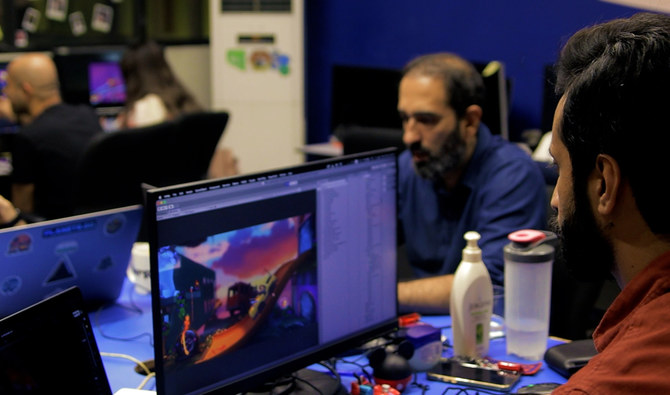The Struggles of the Video Game Industry
The video game industry has been facing some tough times recently. Mass layoffs have been occurring across both big studios and small indie teams. But what’s really been going on behind the scenes?
The pandemic provided a boost to the video game industry as locked-down players turned to games for entertainment. However, executives got too excited and expanded teams assuming growth would continue forever. Now that people have returned to normal life, gaming revenue is down and studios are no longer making as much money as before. With costs high and profits low, layoffs were the only answer for some companies.
What Does This Mean for Devs?

For many developers, the constant threat of layoffs looms over their heads. Just as they finish one project, their job could be on the line until the next begins. While big names like Microsoft and Unity have made huge cuts, even small indie teams are not safe. With the video game industry’s volatile nature, stability is hard to come by for creative talent.
Some are now taking matters into their own hands. Unionization efforts aim to give devs more security. Alternative business models like worker co-ops share control rather than having bosses call all the shots. The community has also rallied, with job boards and resources helping those laid off to get back in the game. Only time will tell if these strategies can provide the support the video game industry so desperately needs.
The boom and bust cycles of the video game industry are nothing new. What remains to be seen is whether companies have truly learned their lesson this time. To survive ongoing challenges, both studios and staff must find a balanced, sustainable path forward together. The pandemic offered a glimpse of what’s possible – now the hard work begins to build something better for all in this creative but complicated sector.





